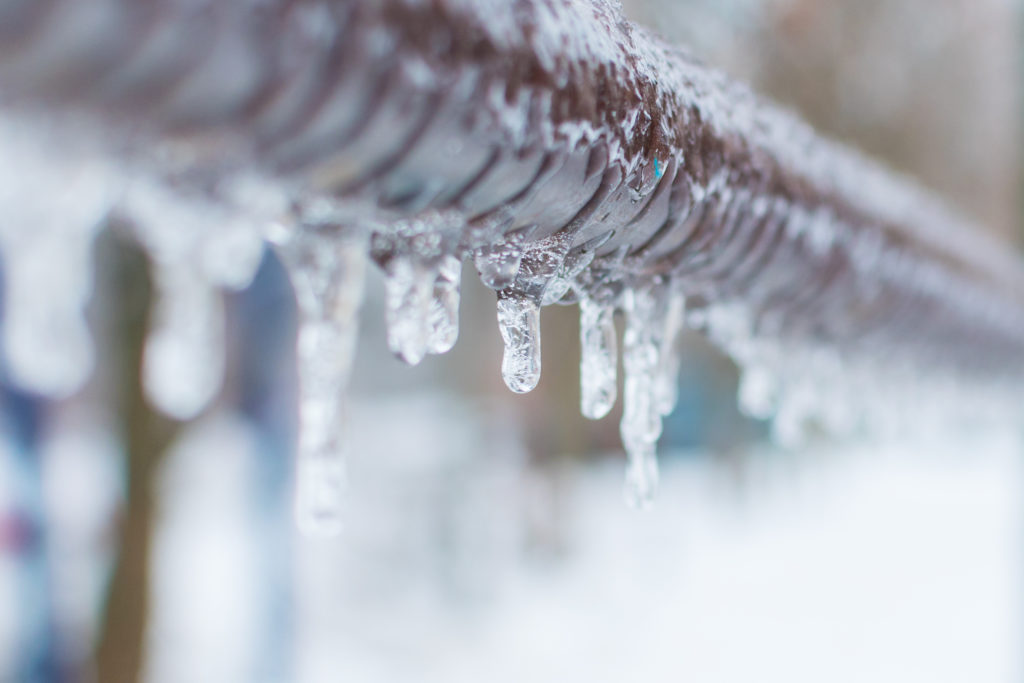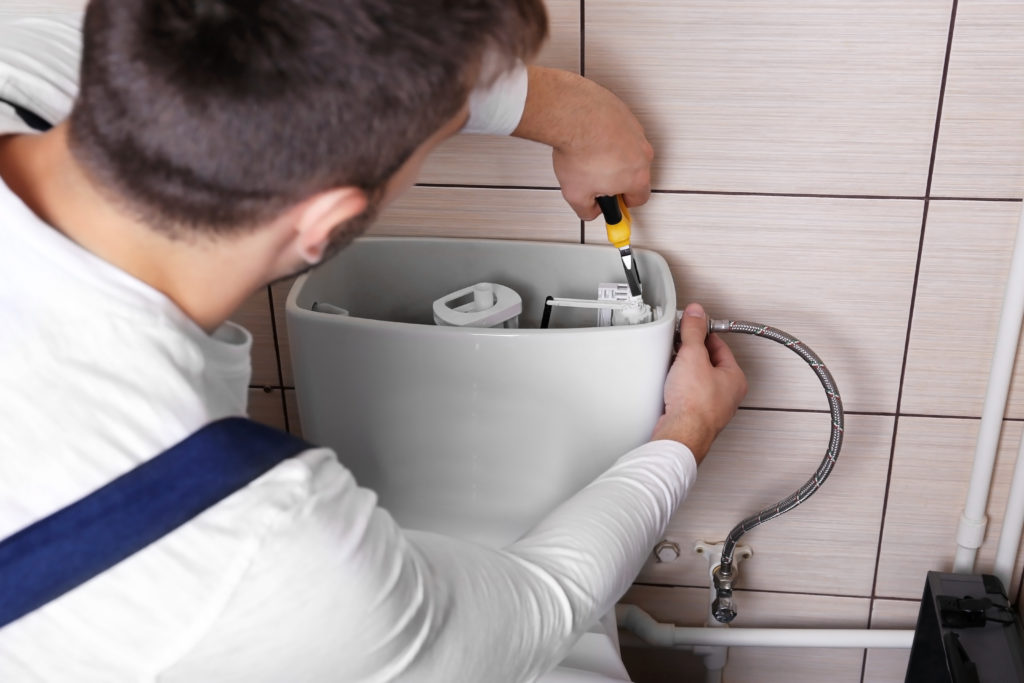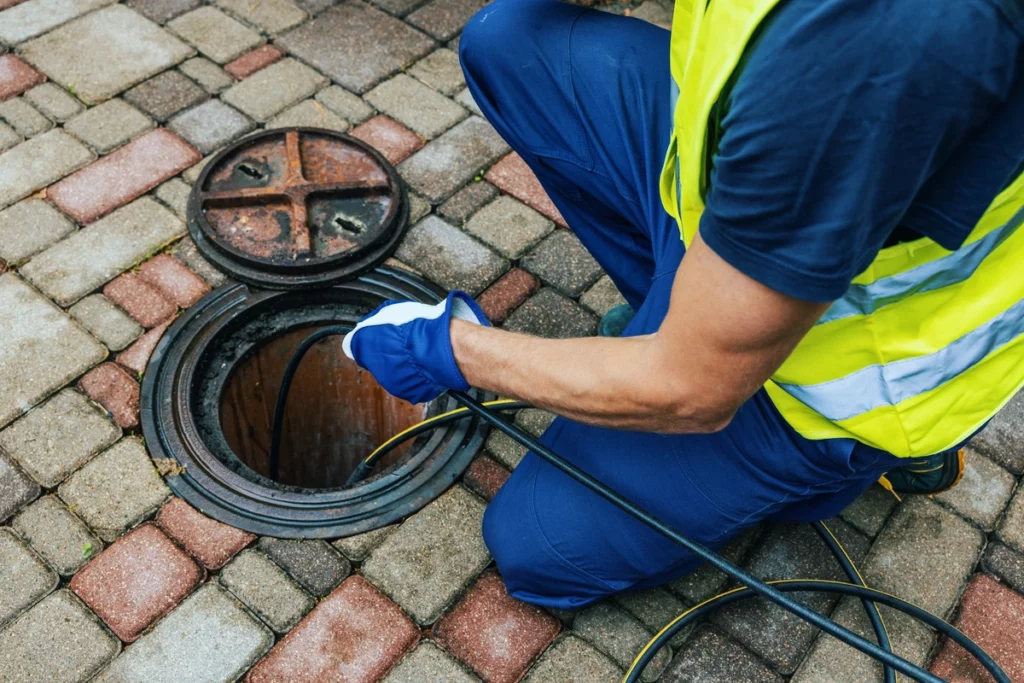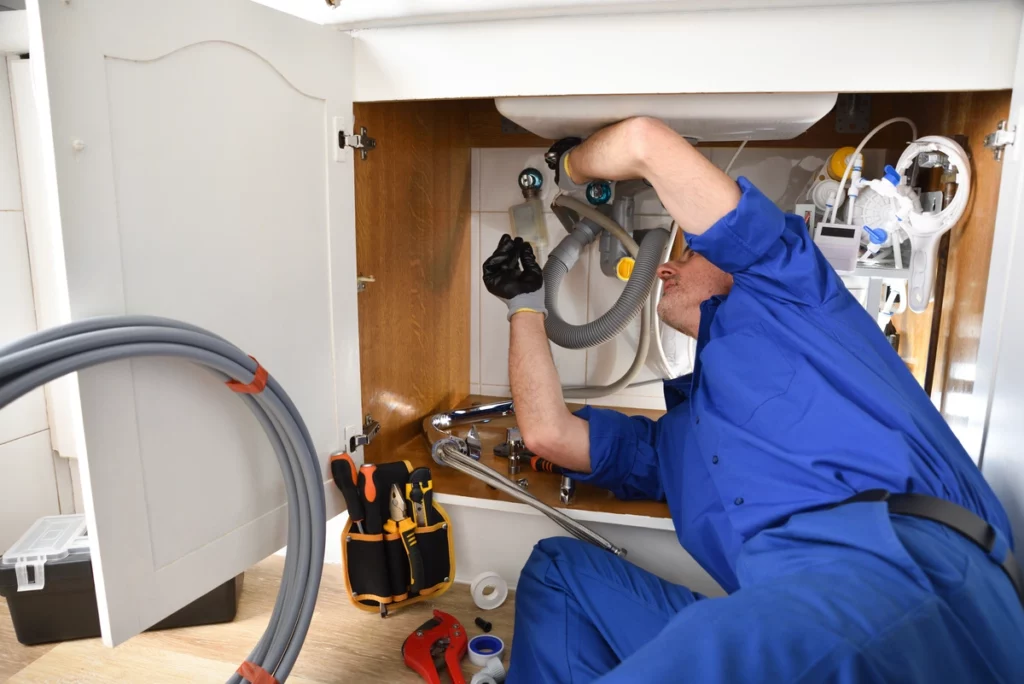As we type this, it’s snowing in mid-October in Minnesota. This means that winter is here whether we like it or not. It’s important to start preparing to winter-proof your home, especially your water pipes.
You may have questions like, “How cold does it have to be for my pipes to freeze?” or “How can I prevent bursting pipes in the dead of winter?”
We’re here to help you out. Keep reading to discover how to prevent burst pipes in winter.
How Cold Does It Have To Be Outside For My Pipes To Freeze?
The freezing temperature of water is 32°F. Since pipes are insulated, they will need to get a little colder than that to infect the water in your home’s pipes. A general assumption is 20°F, but that number can depend on many other factors.
The pipes that are inside your home are protected by your home’s insulation. However, when outside reaches freezing temperatures, the water coming into your home from the outside is going to be much colder. But since your pipes are protected from some insulation, it will take outside temperatures getting much colder than 32 degrees to cause freezing and bursting pipes. A good rule of thumb is six consecutive hours of exposure to cold air at 20 degrees Fahrenheit or lower can put your pipes at risk of freezing.
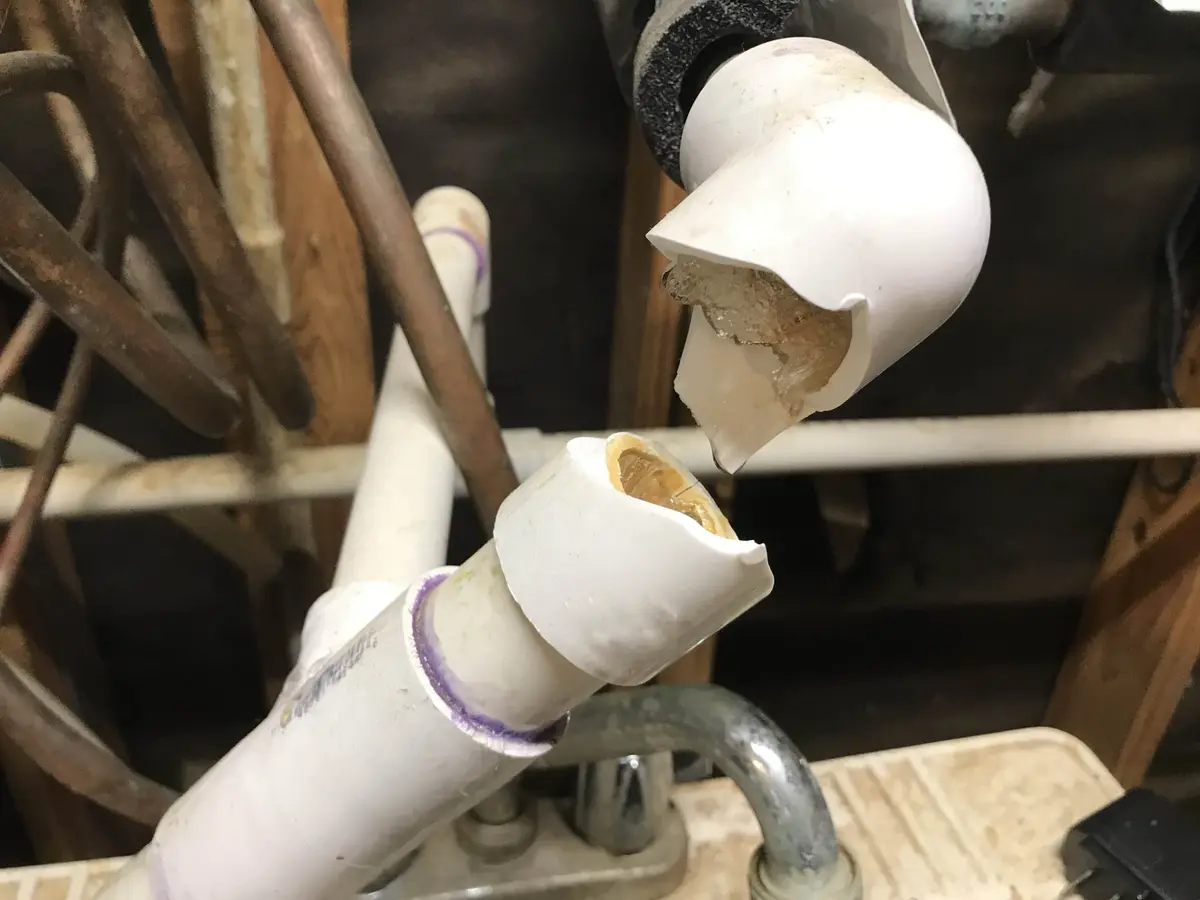
What Happens When Pipes “Burst”?
A burst pipe does not mean it literally burst and exploded all over your basement. It also doesn’t necessarily burst at the site of ice forming in the pipe.
What happens is, when the water in your pipes freezes, it expands. Let’s get to the science of it for a second — the molecules of ice are larger and have a different shape than the molecules of water. This means it’s taking up more space in your pipes and thus begins to expand through the pipes. The ice does not expand outward, stretching your pipes until they burst. Instead, it expands through the pipes. So, the pressure that builds up as air is forced towards a closed faucet, inevitably leading to your pipe cracking or bursting far from the site of the actual ice.
This explains why even if the frozen pipes are outside of your home or basement, you can have burst pipes inside, causing flooding. It was due to the pressure building up in front of the expanding ice that eventually led to your basement or indoor plumbing.
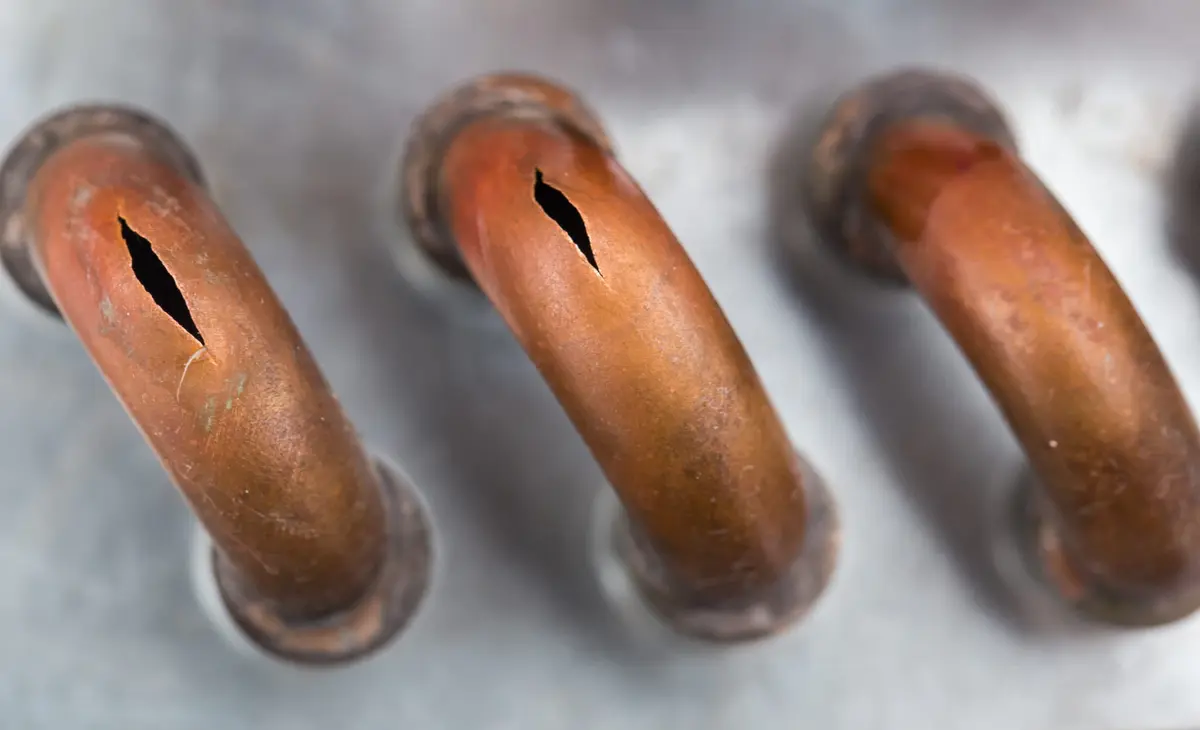
Tips on How to Prevent Bursting Pipes
If you live in a climate that experiences freezing temperatures, you will want to take a few precautions to prevent your pipes from freezing. Here are a few tips for pipe burst prevention.
Add Insulation to Walls and Pipes
Ensure your pipes have proper insulation, especially those that are leading into your home from outside. Pipe insulation can come in many forms — any of which you can pick up at your local hardware store or have a local plumber insulate them for you. There is an insulation wrap made of fiberglass or polyethylene. You can also use fiberglass or foam insulation that comes in a tube form that simply wraps around your hot or cold water pipes.
You should also ensure there is proper insulation in the walls near the point of entry for pipes. Don’t forget about your attic when you add insulation to your home. Even though your attic may seem removed from the rest of your home, insulation will help keep your entire structure balanced.
An uninsulated basement or poorly insulated attic is definitely putting you at more risk for bursting pipes because there is no added warmth to heat the freezing water from the outside.
Install Heating Tape
In the same vein, you can install heating tape on your pipes. Heating tape contains an electrical cord running through it that warms your pipes just enough to keep the water from freezing.
This can be a great option for folks who have experienced bursting pipes frequently and really need that extra protection against freezing temps.
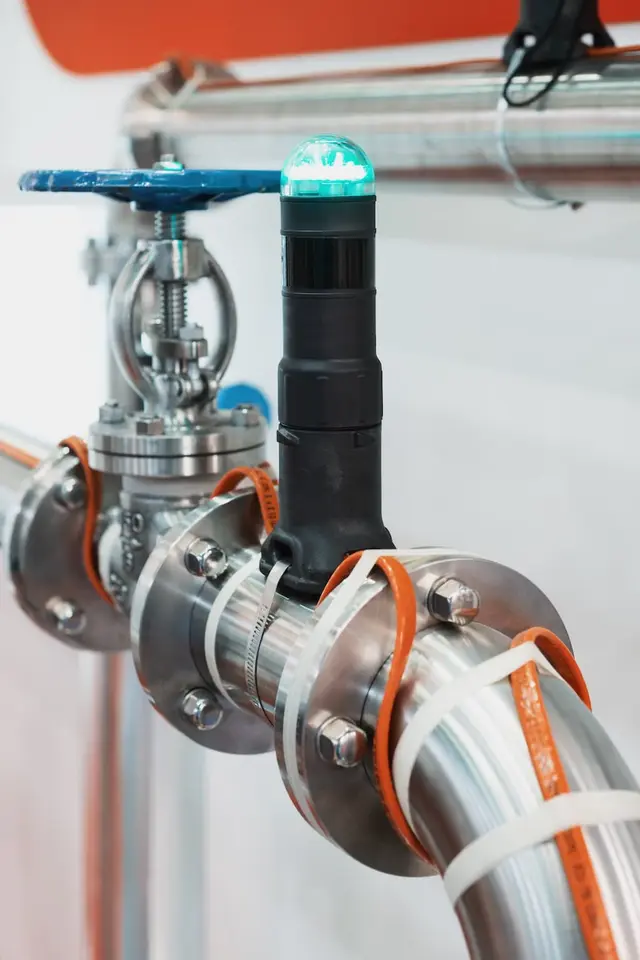
Disconnect and Flush Your Outside Faucet
Every winter, you should disconnect your outside hose from the outside faucet. You should also flush the faucet and make sure it doesn’t get large amounts of water freezing on the outside. That can build up pressure inside your pipes, leading to more significant issues.
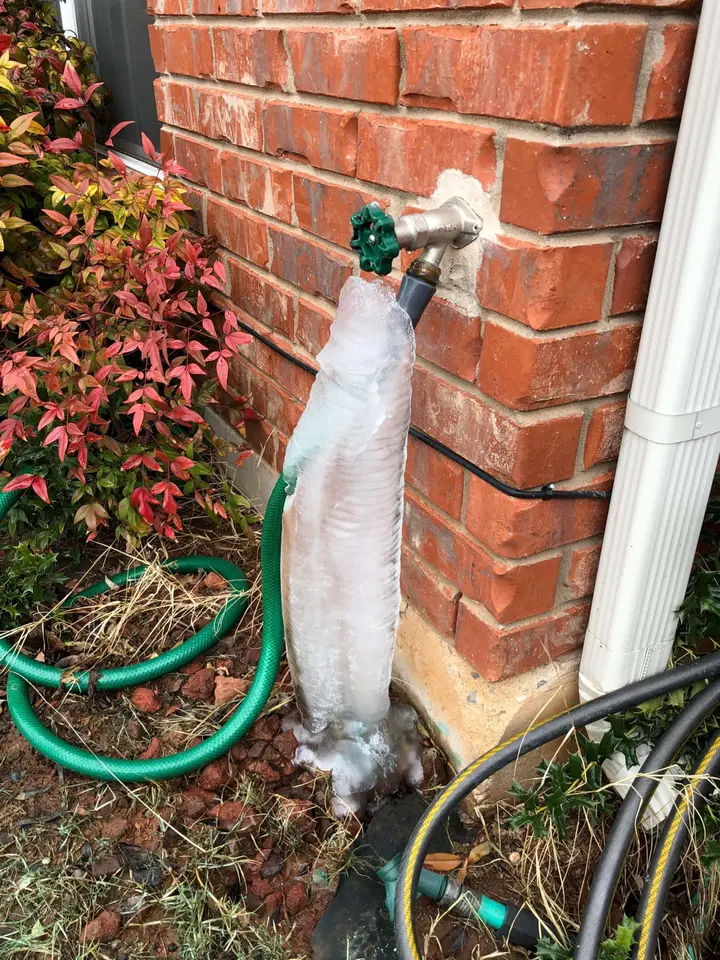
Direct Warm Air to Colder Areas of Your Home
Places in your home like crawl spaces, storage areas, or just corners of your basement can all get pretty drafty. It’s important to try and direct warmer air to those areas during cold weather months. This can mean leaving a door open for a better flow of warm air. You could use fans or space heaters (safely) to warm those areas up.
Even leaving cabinet doors open in the kitchen or lower level bathroom can help warm those pipes enough to keep from freezing. (Just be sure to remove any household chemicals if you have pets or children.)
Keep Garage Doors Closed
You wouldn’t leave your front door open during winter, and the same goes for your garage door. Leaving your garage door open in winter will allow large amounts of cold air to get up close and personal with your home. This tip is especially important if you have water supply lines in your garage.
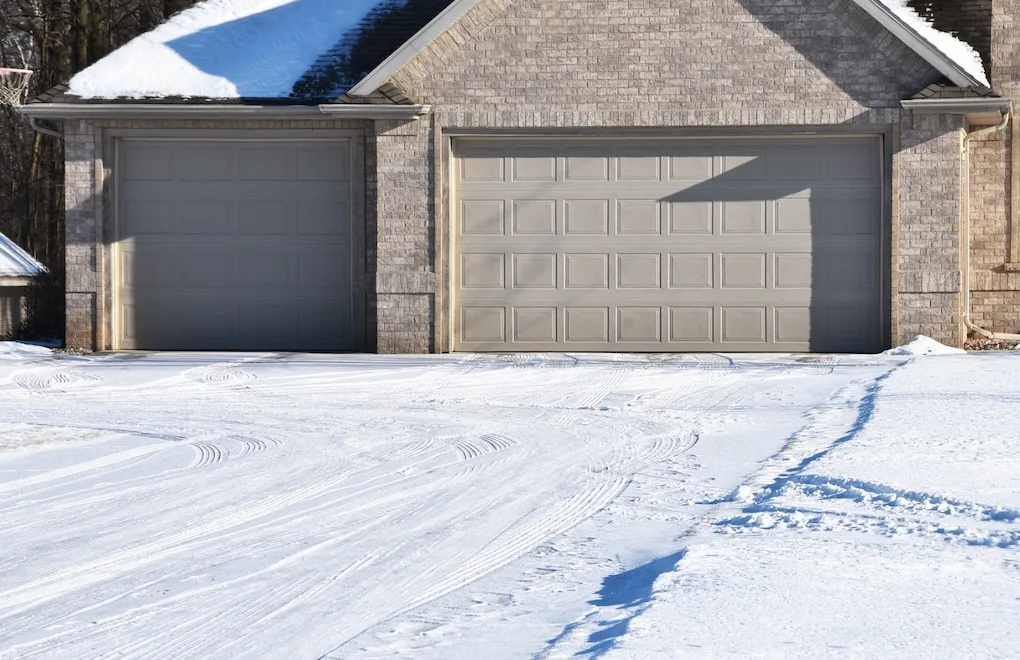
Seal Cold Air Leaks
If you notice any cold spots in the lower levels of your home, that could be due to a cold air leak. Seal any cracks in your foundation or window wells so that cold air stays out. If your home is properly sealed and keeps the heat in, it can be just enough to prevent bursting pipes.
Set the Thermostat to a Consistent Temperature
Many homeowners lower the temperature on their thermostat at night to save a little money on their heating bills. However, lowering the temperature in your home during a cold spell could cause problems for your pipes. When temperatures drop, keep your thermostat set to the same temperature all day and night.
Leave a Few Water Faucets Running
On extremely cold days, running a few faucets for a while can help keep that water from freezing. If water is flowing throughout your water supply, it can warm up any potential ice and prevent pressure build-up. This is very important for preventing burst pipes.
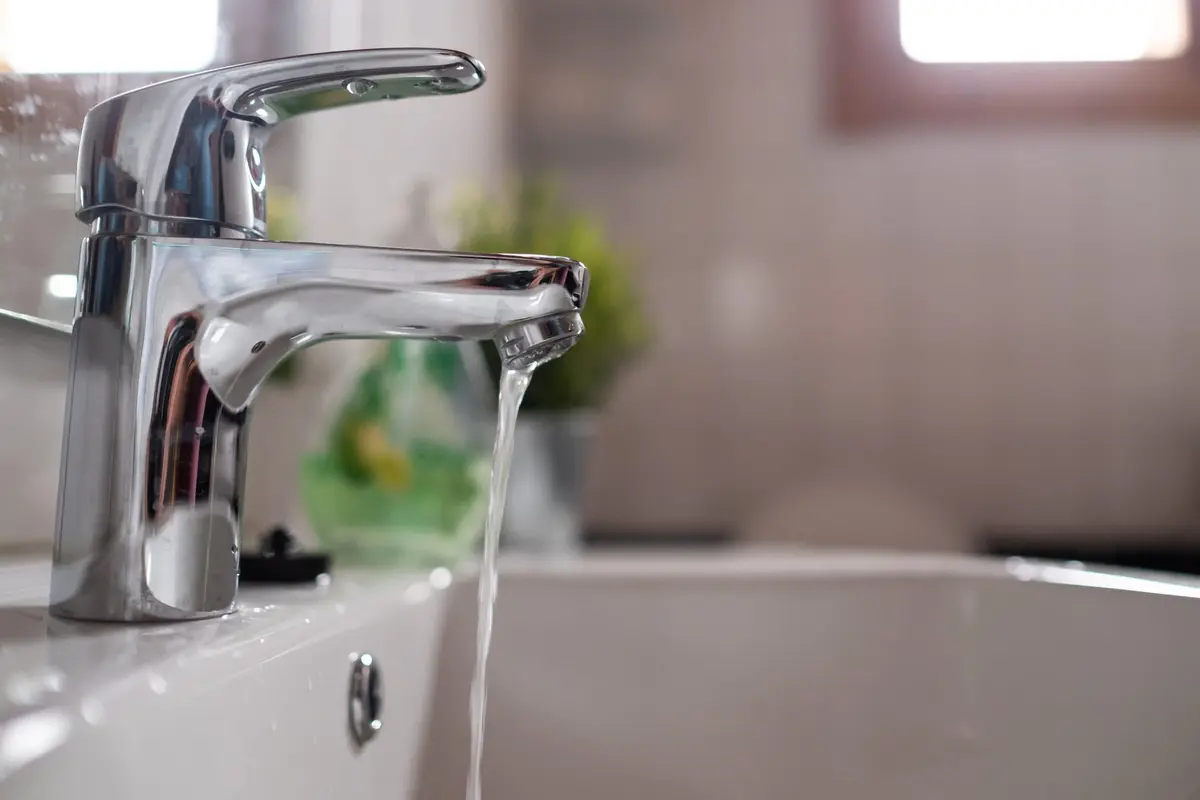
If You Leave Town, Have Someone Check Your Home
If you ever take a vacation in the winter months, and temperatures will be far below freezing, it is probably a good idea to have a house sitter. At the very least, you should have someone check on your house, and they can run through this list of tips to prevent frozen pipes. Have them check for cold spots downstairs, run a few faucets for a bit, and crank the heat for a while while they’re around.
Some people may want to save on heating and turn it down while they are away, but that can put you at risk of lower temperatures infiltrating your home and your pipes. The last thing you want to come home to is a flooded basement because everything was too cold for too long.
It is recommended to keep your thermostat at or above 55 degrees whenever you leave the house. If you will be gone for an extended period of time, consider setting your thermostat closer to 60 degrees.
The Best Protection for Your Home’s Plumbing
Despite all the stories you’ve heard of people having to deal with bursting pipes in their basement, chances are relatively low if you follow these tips to prevent it from happening. As long as you don’t neglect your pipes in the winter months, your pipes should remain intact.
However, if you’ve experienced broken, frozen, or damaged pipes due to freezing temperatures, don’t fret. Call A.J. Alberts Plumbing today.
Our team of expert plumbers will assess your situation and repair or replace your pipes as necessary. We will even share a routine preventative maintenance plan with you so that you can feel confident tackling future winter weather.

